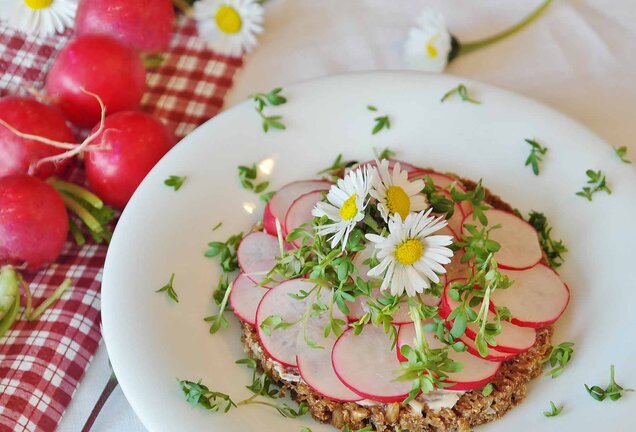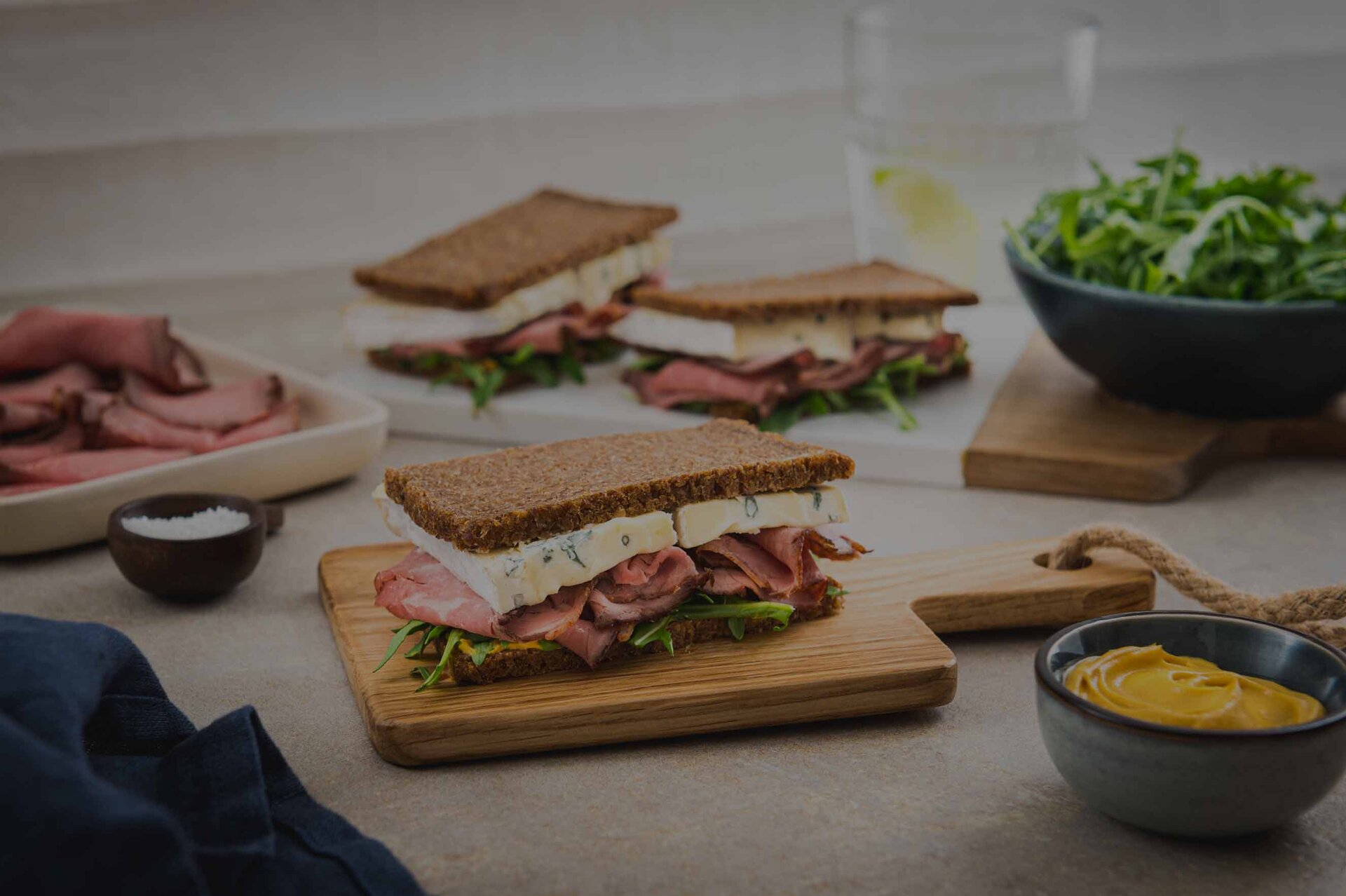
The german art of breadmaking
The German art of brewing beer has a prescribed set of standards that must be followed. Does something similar exist within the traditions of German breadmaking?
The German Beer culture has a prescribed set of standards and laws which state that only water, barley malt, hops and yeast can be used in the brewing of beer. These purity laws promote the preservation of traditional artisanal techniques. They are the oldest valid food laws in the world. But isn’t the art and culture of bread making at least as old?
Bread: part of the world's cultural heritage
In every corner of the world Germany is famous for the variety and diversity of breads that it produces. In 2017 the German art of bread making was officially recognised as an Intangible Cultural Heritage and listed as such by the German UNESCO committee.

The myriad types of bread in Germany arose through not only the soil and climatic pre-conditions but also through political, historical and geographical development. The scarcity of ingredients, climatic influence and even wars contributed to the creativity of our bakers over hundreds of years. Today, once forgotten ancient grains such as Einkorn (Triticum Boeticum or Triticum monoccum), Emmer Wheat (Triticum Dicoccum) and Spelt (Triticum Spelta) are back in fashion. There is a vast choice of natural ingredients and many ways to prepare them, not to mention the construction and function of different baking ovens or other parameters such as temperature and humidity during a bake: let’s not forget the infinite shapes and forms possible.

German culture and tradition
The German words ‘Brotzeit’ (time for bread) and ‘Abendbrot’ (evening bread) have become embedded in linguistic culture.
A common pleasure and a sociably coming together are regarded as having great importance and are making a return to our daily lives.
Bread has always held a symbolic status, for example as a symbol in Christianity for the Body of Christ or as a thanksgiving for a rich harvest and the security that that brings. In German speaking countries bread is offered to new neighbours as a symbol of good luck. Idiomatically bread can mean other things: you earn your bread and butter, meaning to earn your living, or you can break bread with someone meaning more than just eating but a sense of brotherhood as well.